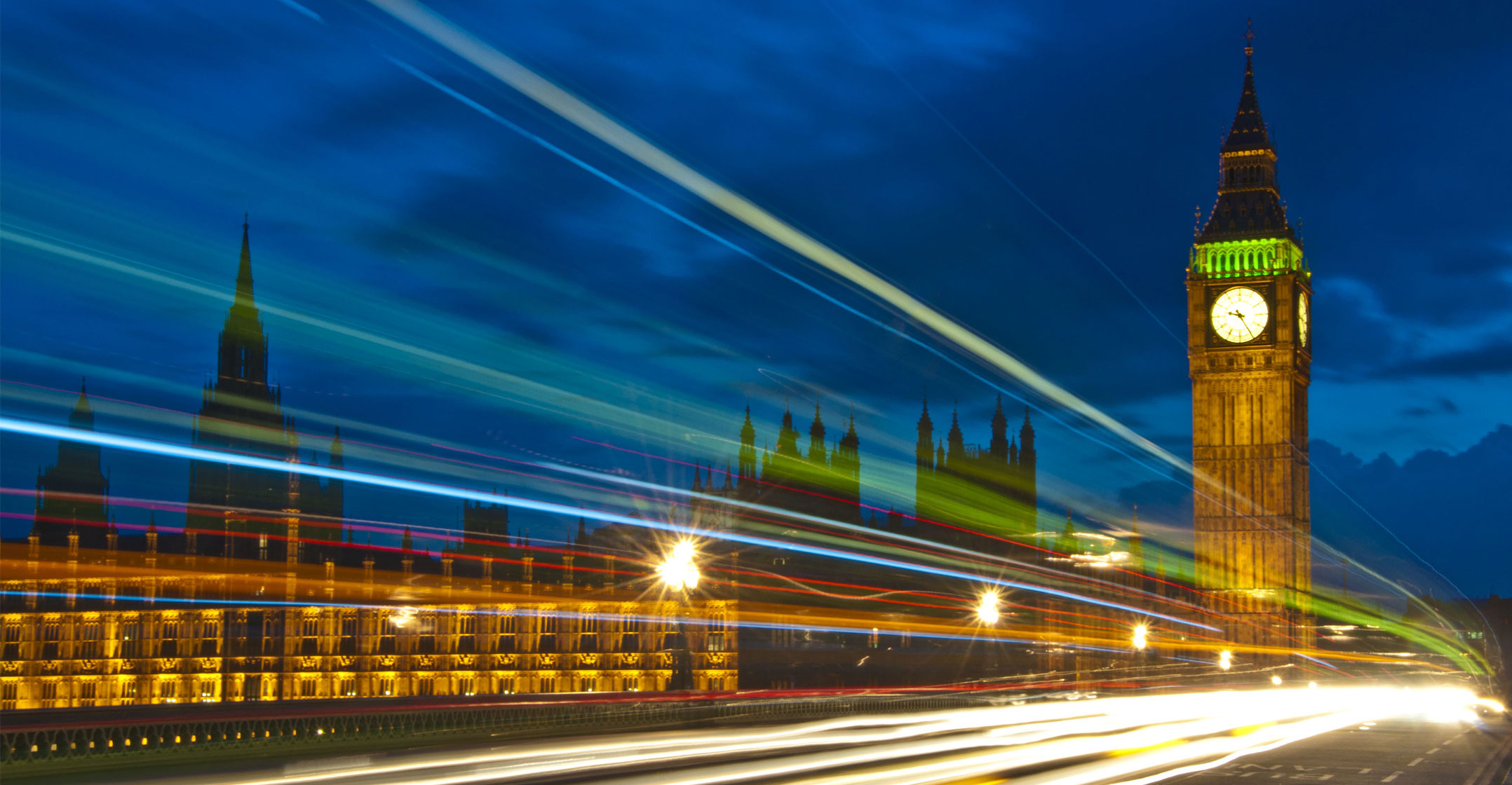 Uber Technologies has lost its licence in London for the second time in less than three years, putting one of its biggest markets outside of the US at risk after the transport regulator said it failed to address safety concerns.
Uber Technologies has lost its licence in London for the second time in less than three years, putting one of its biggest markets outside of the US at risk after the transport regulator said it failed to address safety concerns.
The company’s app has a vulnerability that allowed thousands of unauthorised users to pose as Uber drivers by uploading their photos to licensed accounts, Transport for London said in a statement on Monday. Uber has 21 days to appeal and can continue to operate while a magistrates’ court considers the decision.
At least 14 000 trips involved drivers who weren’t who the riders thought they were, including some who had revoked licences, the TfL said. Dismissed and suspended drivers were also able to create an Uber account and carry passengers, it said. Uber had been operating on a two-month license that runs out on Monday, the latest extension while TfL reviewed changes the firm was making to the way it operates.
Uber shares dropped about 5.8% in early trading before US markets opened.
When the company was initially deemed not “fit and proper” to operate in September 2017, a trial didn’t take place until the next June, during which Uber was allowed to continue to accept ride requests. Any further appeals could take years longer to resolve.
Uber’s rapid growth in London was seen as a success story for the company’s expansion outside the US. But the city has since become a battleground with the world’s largest start-up clashing with local regulators and the iconic black cab industry. The regulator’s refusal to sign off on Uber’s operations throws doubt over whether the company, which has 45 000 licensed London drivers, has any significant future in Britain.
‘Distress’
Many drivers “will now face the distress of facing not only unemployment but also crippling debt as they struggle to meet car lease payments”, said James Farrar, chair of the United Private Hire Drivers branch of the IWGB union. “The terrible price of Transport for London’s inability to run a stable regulatory regime and Uber’s refusal to play by the rules will be paid for by the most vulnerable workforce in London.”
In its original decision against Uber two years ago, the TfL said the company failed to do adequate background checks on drivers and report serious criminal offenses. It also took issue with Uber software called “Greyball” that blocked government officials attempts to catch lawbreaking drivers. London Mayor Sadiq Khan defended the regulator’s decision at the time.
CEO Dara Khosrowshahi, then just weeks into the job, made a number of changes to win over regulators and the public, ultimately securing a temporary operating permit.
 TfL said on Monday that Uber has made “a number of positive changes and improvements to its culture, leadership and systems” since the June 2018 decision to allow it to keep operating. “However, TfL has identified a pattern of failures by the company including several breaches that placed passengers and their safety at risk.”
TfL said on Monday that Uber has made “a number of positive changes and improvements to its culture, leadership and systems” since the June 2018 decision to allow it to keep operating. “However, TfL has identified a pattern of failures by the company including several breaches that placed passengers and their safety at risk.”
London’s ride-sharing market has changed significantly since 2017, becoming more competitive as the city awarded licences to similar services, such as Ola, ViaVan and Bolt.
Uber has also faced a series of lawsuits across Europe, including a UK employments rights case over how its drivers are treated, which it lost. — Reported by Nate Lanxon, with assistance from Anthony Aarons, (c) 2019 Bloomberg LP

